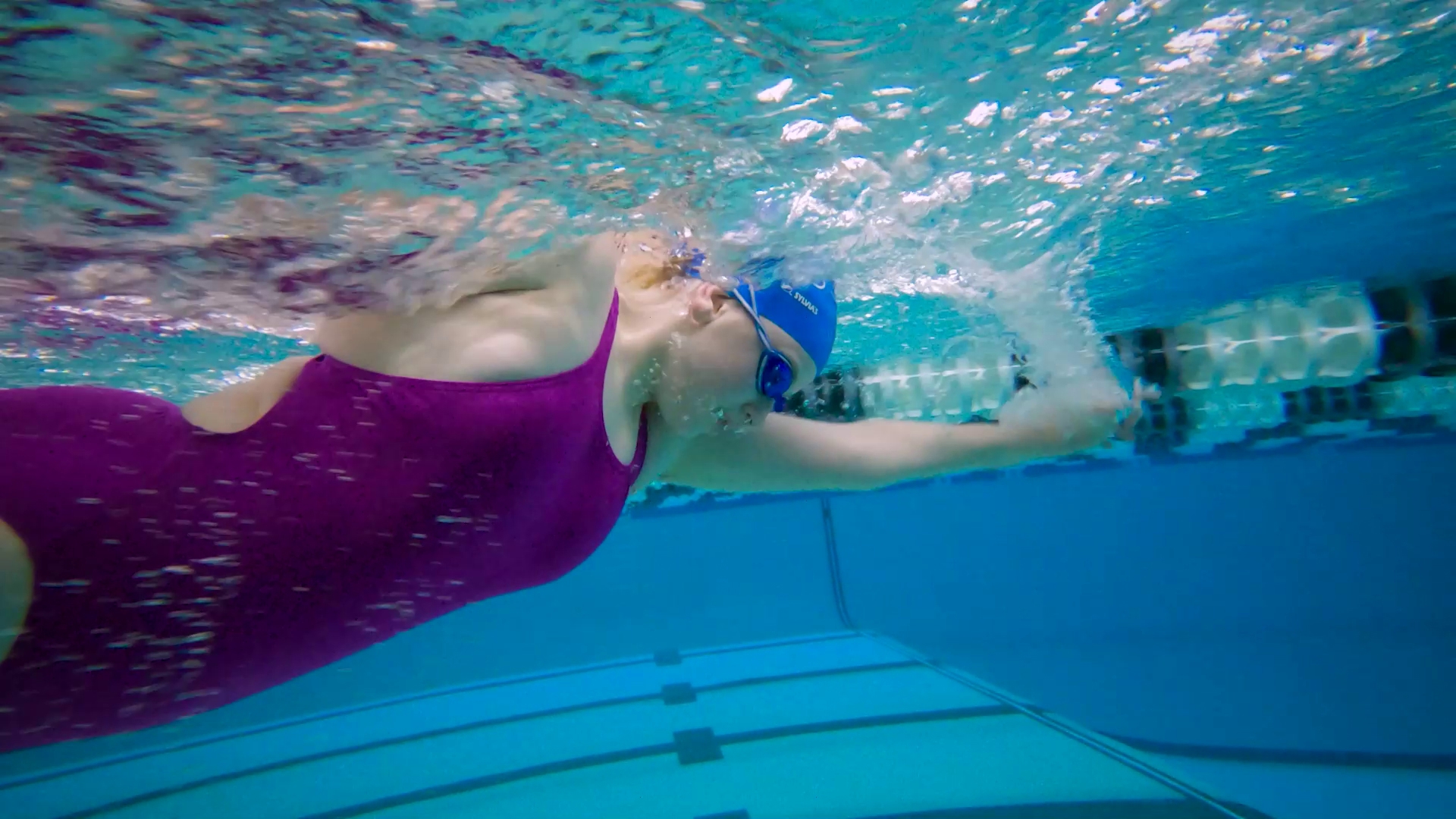SEATTLE — The first independent swim team for athletes with physical disabilities in the U.S. began right here in Washington state, and it's still the only one of its kind in the Seattle area and the entirety of the Pacific Northwest.
Justin Fleming is an alum and now a coach with the program. Swimming has been a lifelong passion for him. Fleming's disability is called proximal femoral focal deficiency, which he describes as similar to being an above-the-knee amputee.
"I think one of the most inclusive things about swimming is the water and how it relieves a lot of gravity, which is a real struggle for many people with physical disabilities," Fleming said. "The rules are different when you're in the water because you have buoyancy, and that's really helpful for most people."
The height of Fleming's career took him to the 2004 Athens Paralympics - an intense experience that absorbed his focus for years. In the aftermath, he found it hard to adjust to life with one of his biggest goals now behind him.
"After you go to the Olympics or Paralympics, it's a very depressing time," Fleming said. "(You've) spent at least four years preparing for this, and then it's done all of a sudden - so a lot of people end up being kind of lost, and I think that was true of me."
Returning to his old swim team, this time as a coach, gave him a bright spot in an otherwise difficult period and continues to do so.
"It really gives me a bright spot in my week to come to Shadow Seals and be able to be around my people," Fleming said.
Shadow Seals was started in 1994 by a former Seattle Children's hospital nurse, Kiko Van Zandt, after she met two patients in wheelchairs who expressed a desire to exercise. The team aims to provide athletes with a competitive team environment, culture, coaching, training and competitions to achieve athletic and personal success.
Aspen Ashby, 16, is one of the swimmers who Fleming coaches. They have a form of cerebral palsy called Hemidystonia, which impacts their ability to control their left arm and left leg. Ashby has been swimming since 2019 and is part of their high school swim team, in addition to being a member of the Shadow Seals.
"It's just been so cool being part of a team that has people only with disabilities, along with being on a team (with able-bodied swimmers) because then I get to really challenge myself," they said.
Ashby described being treated differently once people found out they had a disability, whether it be bullying from their peers or infantilizing behavior from adults and teachers. Shadow Seals provided a venue where they could be just another athlete.
"Everyone in the Shadow Seals team is super accepting," Ashby said. " I joined the team to be treated as everyone else."
Ashby said their coaches are skilled at adapting skills and the different strokes to each athlete's abilities and provide a space where athletes with physical disabilities can connect and relate to each other.
"Some of the benefits of Shadow Seals actually is more important than the actual act of swimming, allowing athletes to have a community of peers that they can discuss things with," Fleming said.
Michael Hatzenbeler, CEO of Provail, a nonprofit dedicated to helping people with disabilities fulfill their life choices, said stigma and stereotyping continue to be major barriers preventing people with disabilities from connecting to others and their community.
"It just is not a great feeling, when someone will be like, 'Oh, you're disabled,' and then treat you like you're a baby," Ashby said.
Shadow Seals hosts a yearly swim meet where their swimmers compete against mostly able-bodied athletes.
"My favorite part of the Marin Morrison Meet is when I see our athletes realize how great of an opportunity they have in front of them," Fleming said.
Ashby said the event allows them and other swimmers to push themselves beyond what they thought was possible, and having a role model who has been to the height of their sport lets them know that anything is possible.
"Having Justin who has a disability, who's been to the Paralympics - then I'm like, 'Oh, maybe I can make it to the Paralympics someday,'" Ashby said.
Fleming said in his work with the Shadow Seals, it's important to him to show the athletes what they can achieve.
“I'm not really trying to change people, I'm trying to be a role model in terms of what can happen, because if you can see it, it makes it easier to get there, right?” Fleming said.

